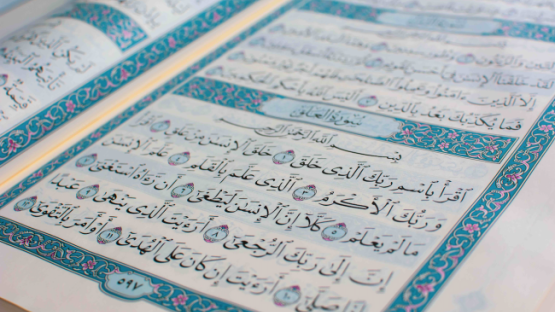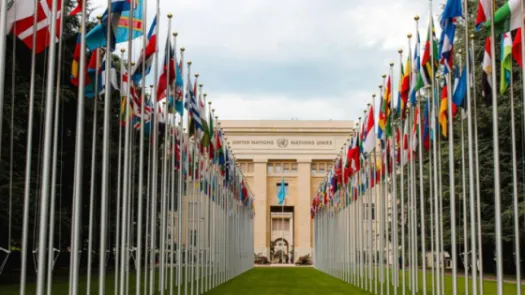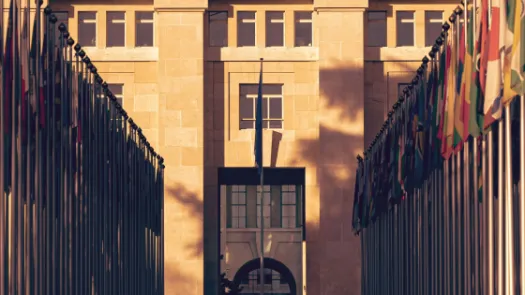
...it protects our beliefs
Everyone has the right to freely manifest their religion, to change it and to practice it alone or with others.

Since August 2017 742,000 Rohingya people - including children - fled across the Myanmar border to Bangladesh, escaping what the UN labelled a “textbook example of ethnic cleansing”.
In this context of ethnoreligious violence, Facebook has been a central figure. For many in Myanmar “Facebook is the internet” - as of January 2018 around 19 million people in Myanmar were facebook users, this is roughly equal to the number of internet users in the country.
A New York Times report revealed that members of the Myanmar military were using Facebook to run a huge anti-Rohingya propaganda operation for years.
From “sham photos of corpses that they said were evidence of Rohingya-perpetrated massacres” and “posts portraying Rohingyas as terrorists” to “rumours [spread to] both Muslim and Buddhist groups that an attack from the other side was imminent” - the military created an increasingly febrile atmosphere in Myanmar, that ultimately led to a genocidal military campaign marked by large scale massacres, killings of civilians including women, children and the elderly; mass gang-rape; burning and looting.
The UN fact finding mission criticised Facebook for its failure to prevent the spread of anti-Muslim hate and incitement to violence. Chairman of the mission, Marzuki Darusman, said that social media had played a “determining role” in Myanmar and “substantively contributed to the level of acrimony” against Rohingya Muslims.
Privacy provides the right to be free from unwarranted intrusions, including false and misleading information, precisely for the purpose of providing us with the space to think and develop ideas of our own. Without these barriers protecting us from malicious interference, societies become vulnerable to manipulation, as has become the case in Myanmar.
By violating people’s privacy, Myanmar military personnel have turned social media into a tool facilitating genocide.
Everyone has the right to freedom of thought, conscience and religion; this right includes freedom to change his religion or belief, and freedom, either alone or in community with others and in public or private, to manifest his religion or belief in teaching, practice, worship and observance. Article 18, Freedom of religion or belief



